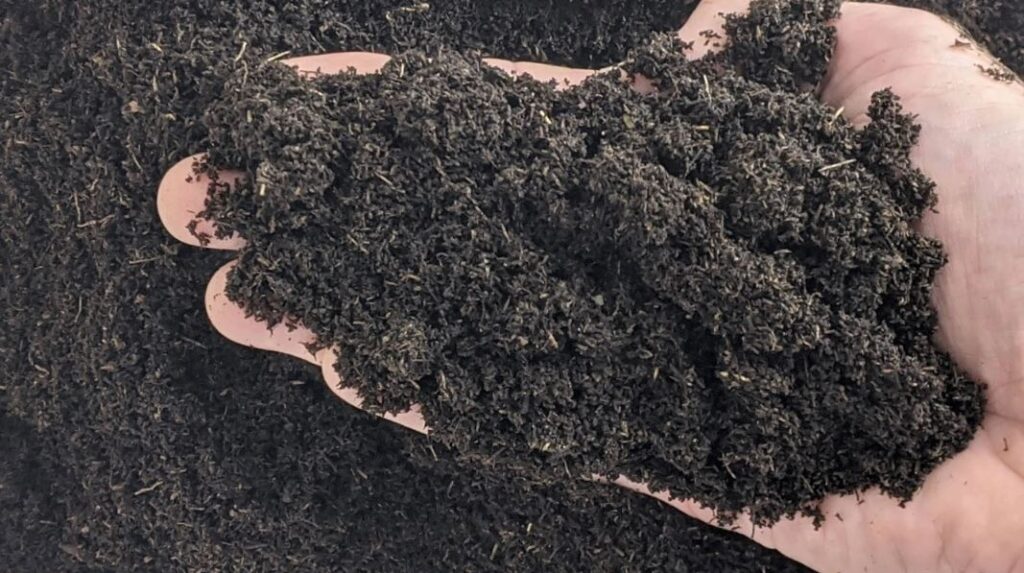Worms Castings are the highest grade compost. They contain beneficial bacteria and essential minerals that are utilized by the plants versus synthetic fertilizer which can lay in the soil unutilized then washed away by rain and irrigation or destroyed by elements before being used.
Synthetic fertilizers can also destroy the beneficial microbial and bacterial actions in your soil due to their high salt content. Castings stimulate growth and control harmful fungi, nematodes and bad bacteria in the soil. Thistle and Honey Floral recommend castings are high in humic acid that is so advantageous to plants. The castings also have a coating which allows timed release of the nutrients. USDA tests show that the castings contain from 5 to 11 times the amount of the three major nutrients than does high grade topsoil (Nitrogen, Phosphorous and Potassium). In passing soil and organic mater through their digestive tracts, earthworms liberate essential minerals that are 97 percent utilizable by the plants.
See also: Essential Care Tips to Keep Your Happy Plant Thriving

Compare that to synthetic fertilizers!!!
Castings fix heavy metals in your soil. You can have your own worm beds easily. Ask for free instructions and how to purchase the worms and set up your beds. You may feed them your kitchen scraps and shredded paper and cardboard. You may also purchase feed similar to corn meal that is inexpensive. Castings costs vary greatly and it is important to know how long your supplier is leaving the bedding material in the worm beds. Mine are there 6 to 12 months and the bedding has been recycled by the worms many times as the worms digest the bedding as well as their food source. Larry Martin of https://harisfoods.com is a fabulous expert in the world of worm composting and his website has all you need to know regarding vermicomposting.
The book reference I recommend for homeowners is Worms Eat My Garbage by Mary Appelhof.
I sell a quart size for you to experiment with on your roses or flowers, and then you will want more. The local nurseries sell their bags for $14 a gallon. The fancy labels cost a lot!! I repeat — know how long the castings have been in the bed being recycled by the worms!! Be stingy with the castings — use a tablespoon or two on each rose bush, less for flowers.
Make a tea out of the castings for your houseplants or add a teaspoon to each pot every six months. Roses really tell the story of how beneficial the castings are to the roses as well as surrounding soils. I welcome any visitor who wants to come out and see my worm farm, native plants and tropical fruit trees.
More to read: Florida Natives Seeds
